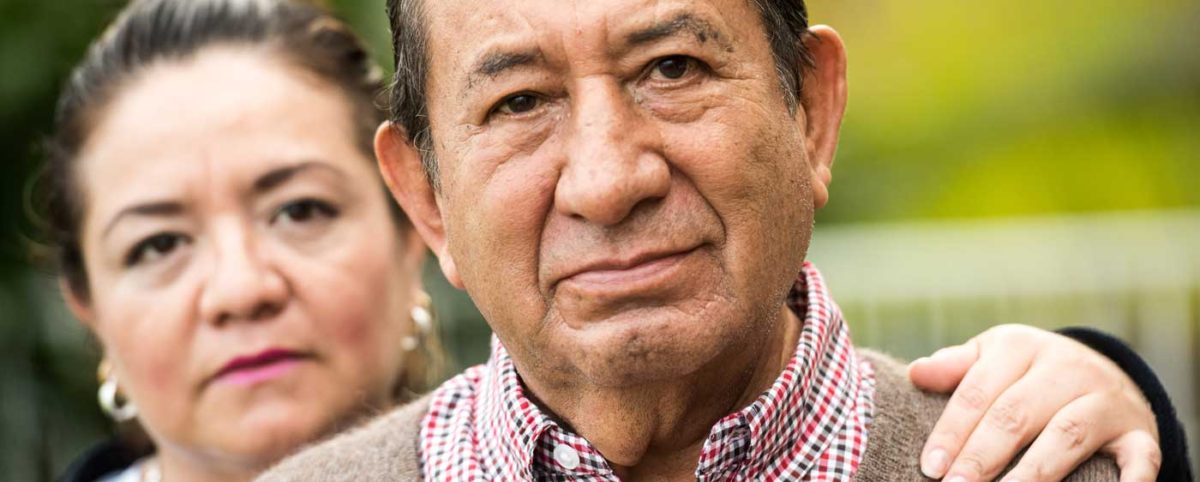At-a-Glance
Poverty affects individuals with disabilities at a much higher rate than individuals without disabilities. Employment is an essential component in escaping poverty. Vocational rehabilitation professionals must be keenly aware of–and willing to challenge–their own unconscious biases that may limit their ability to support people with disabilities pursuing employment.
Key Findings
Put It Into Practice

Tips and tools to help you apply best practices at work.
Employment can lead to independence and financial stability. Vocational rehabilitation professionals support people with disabilities in finding and engaging in meaningful work. To avoid becoming another obstacle in consumers’ pursuit of employment, practitioners must:
- Engage in regular self-reflection to monitor themselves for bias.
- Continue advocating for legislation that guarantees fair wages.
- Use language that empowers consumers.
- Encourage whole person and whole family supports for escaping poverty.
- Support early resource investment for young children who have disabilities.
More About This Research
This study focused on high poverty rates experienced by individuals with disabilities. It also emphasized the social, cultural, and financial benefits of employment for these populations. Poverty and disability are intertwined in such a way that one may result in the other. Poverty also affects more than just income: it affects health, education, food, housing, and social/economic isolation.
Learn More
Citation: Nye-Lengerman, K., & Nord, D. (2016). Changing the message: Employment as a means out of poverty. Journal of Vocational Rehabilitation, 44 243-247.

